Follow These 15 Mistakes to Miss Out on Job Offers!
I do receive hundreds of questions about this particular topic. And when I give my advice people tend to do the opposite.
CAREER
Jeyhun Nasibbayli
12/8/20245 min read
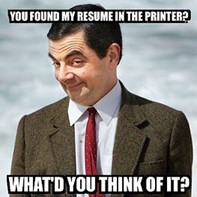

I don't like fluffy words, so let's get straight to the point. In this post, we'll provide you with actionable bullet points to navigate the job-hunting process unsuccessfully.
Yes, you heard it right, unsuccessfully. Consider this your ultimate Job Hunting 101 guide, filled with practical tips and examples to help you to miss your dream job.
The method we are using here is called "inversion thinking " by Charlie Munger. whereas he believes instead of thinking about the future results, and what you want to achieve, you think to flip it and think about what you don’t want to happen.
Disclaimer: if your brain is not structured for inverted thinking, I suggest you do some mind work out before consuming. Let's dive in.
1. Neglecting the Right Search Channels:
Refrain from attending industry events or networking sessions, missing chances to connect with potential employers.
Neglect to engage with former colleagues, alumni, or online professional communities like LinkedIn.
Do not get in contact with headhunters so they can not promote you
Fail to tap into personal connections for job referrals or recommendations.
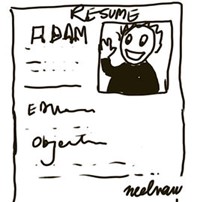

2. Ignoring Tailored Resumes:
Submit generic resumes and cover letters that lack personalization for each job application.
Disregard the specific requirements listed in the job postings and fail to address them in your application.
Apply to positions outside your skill set or industry, wasting both your time and the employer's.
3. Overlooking Research:
Neglect to research the companies you apply to, leads to vague or misinformed responses during interviews.
Fail to understand the company's mission, values, and recent achievements, making you seem disinterested.
Display a lack of knowledge about the industry's current trends and challenges.
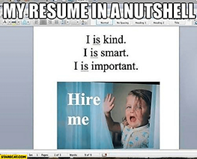

4. Underestimating Soft Skills:
Focus solely on technical qualifications while overlooking the importance of soft skills.
Fail to demonstrate effective communication, emotional intelligence, and teamwork during interviews.
Neglect to provide examples of how your soft skills have contributed to your past work successes.


5. Poor Resume Formatting:
Use an overly complex or unconventional resume format that makes it challenging for employers to skim through.
Present a cluttered and dense resume, making it difficult for recruiters to identify key information.
Include irrelevant personal information, such as age or marital status, which may bias the hiring process.
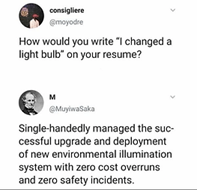

6. Overconfidence in Interviews:
Display arrogance or excessive confidence during interviews, coming across as uncooperative.
Interrupt or talk over interviewers, failing to actively listen and respond thoughtfully.
Assume you are the ideal candidate without providing evidence to support your claims.
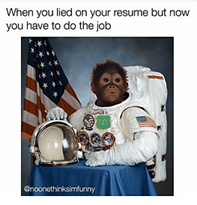

7. Lack of Follow-up:
Fail to send a thank-you note or email after an interview, missing an opportunity to show gratitude and reinforce your interest.
Neglect to inquire about the hiring timeline, leaving employers uncertain about your level of enthusiasm.
Disregard any post-interview requests for additional information or assessments, appearing disengaged.
8. Overemphasizing Salary:
Discuss salary expectations prematurely in the application process, before demonstrating your value to the company.
Prioritize compensation over the opportunity for growth, learning, and personal development.
Insist on a salary that is beyond the market rate for your experience and qualifications.
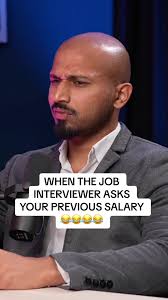

9. Badmouthing Previous Employers:
Speak negatively about past employers, colleagues, or supervisors during interviews or networking events.
Place blame on others for past challenges or shortcomings, lacking accountability for your actions.
Vent about previous job experiences on social media, damaging your professional reputation.
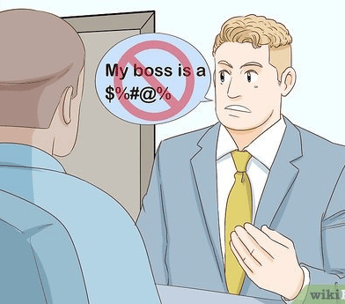

10. Lack of Professionalism:
Use unprofessional email addresses or voicemail greetings in your job application.
Arrive late to interviews or dress inappropriately, showing a lack of respect for the employer's time and expectations.
Send poorly written emails or cover letters with grammatical errors and typos.
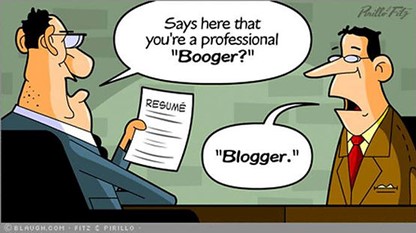

11. Expressing Unrealistic Expectations:
Demand a salary significantly above industry standards without sufficient experience or qualifications.
Refuse to work in certain locations or be inflexible about work hours, limiting your job prospects.
Insist on immediate promotions or unrealistic career advancement expectations.
"Once you believe in yourself and see your own worth, you'll stop settling for less than you deserve." - Unknown
Check this video out by Jason Shen at Ted Talks where he shares some new thinking on how job seekers can make themselves more attractive -- and why employers should look for ability over credentials.
12. Failing to Address Gaps in Employment:
Talk around the bush when gaps in your CV have been asked.
Don't be transparent about employment gaps in your resume or cover letter.
Do not emphasize how you utilized the time between jobs to upskill, volunteer, or freelance.
No need to showcase any professional development courses or certifications you completed during the break.
Check below nice tips that will give you some enlightenment
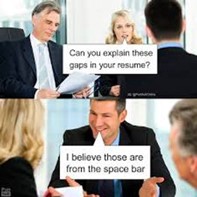

13. Not Seeking Feedback:
Refrain from seeking feedback after interviews or assessments, missing valuable opportunities for improvement.
Disregard constructive criticism and fail to make necessary adjustments to your approach.
Show a lack of willingness to learn from past mistakes and grow as a candidate.
14. Applying for Every Job:
Mass-apply to numerous positions without thoroughly assessing if they align with your skills and career goals.
Submit generic, one-size-fits-all applications that do not cater to the specific requirements of each job.
Appear desperate by applying to positions outside your expertise and qualifications.
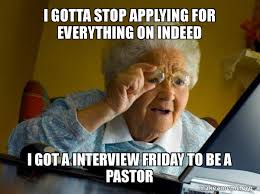

15. Neglecting Professional References:
Provide outdated or irrelevant references without verifying their willingness to support your application.
Fail to inform your references about the role you're applying for, leading to generic or unhelpful testimonials.
Use references who may not give you a favorable review, potentially sabotaging your chances of getting hired.
By embracing these 15 mistakes, you can inadvertently keep job opportunities at bay.😂 Remember, success often comes from learning what not to do, and avoiding these pitfalls will significantly improve your chances of landing that dream job.
Instead, focus on positive actions, refine your job-seeking strategy, and confidently navigate your way to employment success. At the end of the day, even how you play the game, the rules of the game are defined by the employer.
Smile and go with the flow.
Additional Resouces:
Book to Read: If you would like to go through some interview questions not to get ready for an interview you can listen How to Answer Interview Questions by Peggy McKee
Podcast to Listen
Finally, who is standing out with an exceptional cv looks like...
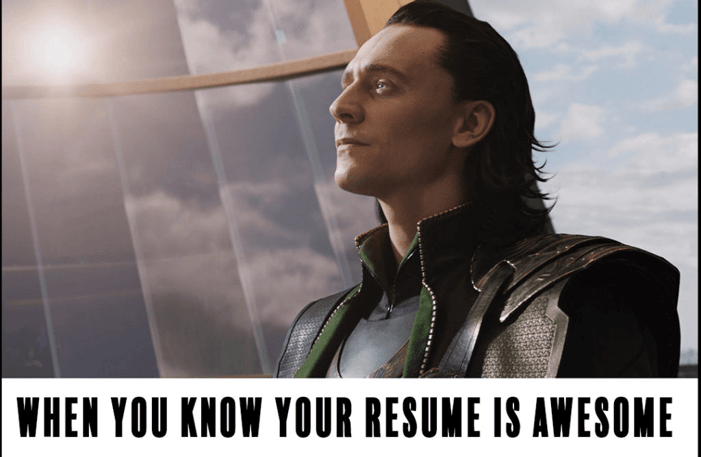

#empowerment, #growth, #success, #motivation, #inspiration, #transformation, #transcend #achievement,#winner, #mindset
Email me:
© 2024. All rights reserved.
Follow Me:
FREEBIES- Resources Hub


